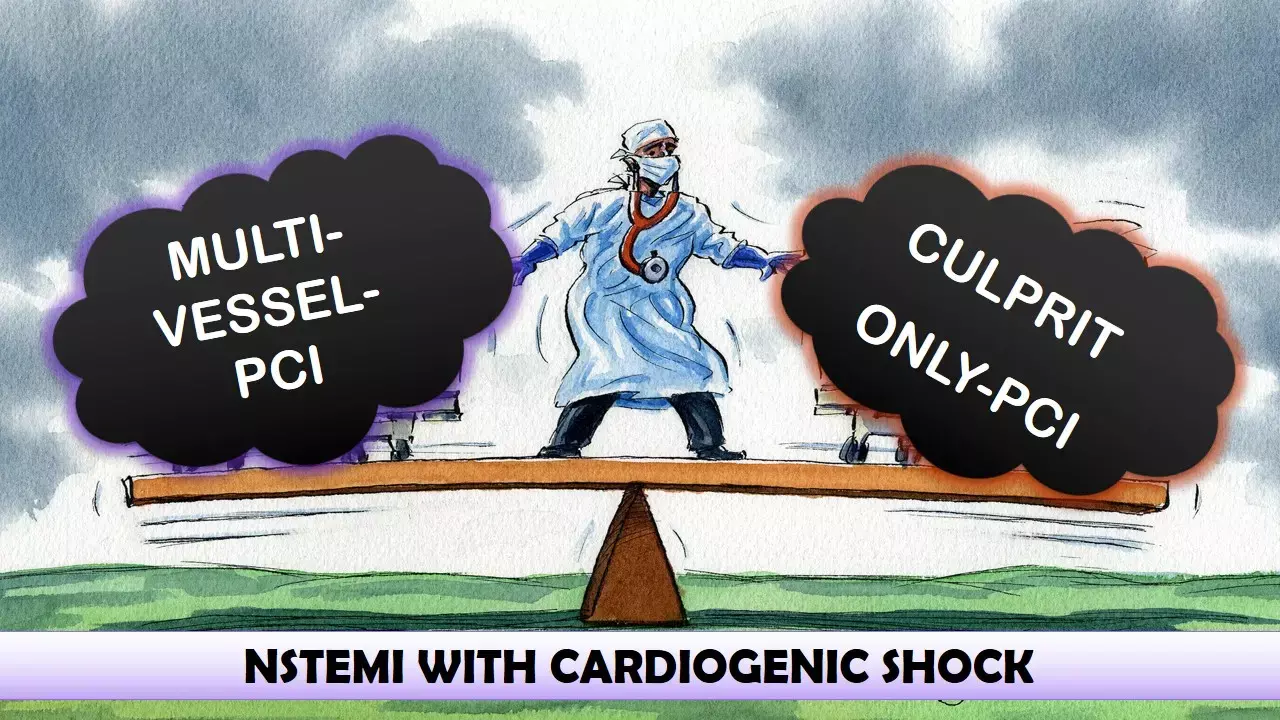- Home
- Medical news & Guidelines
- Anesthesiology
- Cardiology and CTVS
- Critical Care
- Dentistry
- Dermatology
- Diabetes and Endocrinology
- ENT
- Gastroenterology
- Medicine
- Nephrology
- Neurology
- Obstretics-Gynaecology
- Oncology
- Ophthalmology
- Orthopaedics
- Pediatrics-Neonatology
- Psychiatry
- Pulmonology
- Radiology
- Surgery
- Urology
- Laboratory Medicine
- Diet
- Nursing
- Paramedical
- Physiotherapy
- Health news
- Fact Check
- Bone Health Fact Check
- Brain Health Fact Check
- Cancer Related Fact Check
- Child Care Fact Check
- Dental and oral health fact check
- Diabetes and metabolic health fact check
- Diet and Nutrition Fact Check
- Eye and ENT Care Fact Check
- Fitness fact check
- Gut health fact check
- Heart health fact check
- Kidney health fact check
- Medical education fact check
- Men's health fact check
- Respiratory fact check
- Skin and hair care fact check
- Vaccine and Immunization fact check
- Women's health fact check
- AYUSH
- State News
- Andaman and Nicobar Islands
- Andhra Pradesh
- Arunachal Pradesh
- Assam
- Bihar
- Chandigarh
- Chattisgarh
- Dadra and Nagar Haveli
- Daman and Diu
- Delhi
- Goa
- Gujarat
- Haryana
- Himachal Pradesh
- Jammu & Kashmir
- Jharkhand
- Karnataka
- Kerala
- Ladakh
- Lakshadweep
- Madhya Pradesh
- Maharashtra
- Manipur
- Meghalaya
- Mizoram
- Nagaland
- Odisha
- Puducherry
- Punjab
- Rajasthan
- Sikkim
- Tamil Nadu
- Telangana
- Tripura
- Uttar Pradesh
- Uttrakhand
- West Bengal
- Medical Education
- Industry
Complete revascularisation may increase survival in NSTEMI with cardiogenic shock, JACC study.

Most previous studies focussing on the benefit of complete vs. culprit-only PCI in myocardial infarction (MI) complicated by cardiogenic shock (like CULPRIT-SHOCK trial , KAMIR-NIH registry) had either both STEMI and NSTEMI patients or only the former category. Thus the outcomes in NSTEMI population have not been explored in any dedicated study.
Omer et al, in this month's issue of JACC, have presented results from their study done to compare in-hospital outcomes and long-term mortality of multivessel versus culprit vessel–only percutaneous coronary intervention (PCI) in patients with NSTEMI, multivessed disease (MVD) and cardiogenic shock. Authors have found that multivessel PCI was associated with lower in-hospital mortality but greater periprocedural complications. Among those surviving to discharge, multivessel PCI did not confer additional long-term mortality benefit.
25,324 patients were included from the National Cardiovascular Data Registry Cath PCI Registry from July 2009 to March 2018,the rates of in-hospital procedural outcomes were compared between those undergoing multivessel PCI and those undergoing culprit vessel–only PCI after 1:1 propensity score matching. Among patients > 65 years of age matched to the Centers for Medicare and Medicaid Services database, long-term mortality was compared using proportional hazards analysis.
The primary outcome of this study was all-cause mortality. Secondary outcomes included the occurrence of procedural bleeding events within 72 h, stroke, new requirement for dialysis, and peri- cardial tamponade. Patients were classified, on the basis of the index procedure, into culprit vessel– only PCI intervention if PCI of only 1 vessel was attempted or the multivessel PCI group if the culprit and at least 1 additional vessel were intervened upon.
The study generated the following important results:
1. Nearly 2 in 5 patients underwent multivessel PCI during the study period, with an increasing prevalence over time.
2. Compared with culprit-vessel PCI, those undergoing multivessel PCI had a clinically important 3.5% lower absolute rate of in-hospital mortality but higher rates of periprocedural bleeding and acute renal failure requiring dialysis.
3. Among those surviving to hospital discharge, multivessel PCI did not confer additional reductions in long-term mortality for up to 7 years of follow-up.
The endpoint of mortality in particular seems significantly affected by the very high risk profile of the multivessel PCI cohort hence propensity score matching was done and after adjustment for potential confounders (including left main disease and complex class C lesion), authors found that multivessel PCI was associated with statistically significant lower in-hospital mortality. Increased rates of dialysis in the multivessel PCI group can be explained by more volume of IV contrast in the procedure.
Among those surviving to hospital discharge, the risk for all-cause mortality did not differ between the 2 groups over the 7-year follow-up period. These results are consistent with the 1-year outcome of the CULPRIT-SHOCK trial.
One notable derivation from this study is that despite higher rates of procedural complications and dialysis, the long term outcomes remain unaffected, suggesting that the acute impact on outcomes should be most influential in clinical decision making.
"These data highlight the complexity of individualized decision making for patients with NSTEMI and multi-vessel disease complicated by cardiogenic shock until more definitive prospective trials are conducted", concluded the authors.
Source: JACC Multivessel Versus Culprit-Vessel Percutaneous Coronary Intervention in Patients With Non–ST-Segment Elevation Myocardial Infarction and Cardiogenic Shock. JACC Cardiovasc Interv 2021 doi: 10.1016/j.jcin.2021.02.021
MBBS, MD , DM Cardiology
Dr Abhimanyu Uppal completed his M. B. B. S and M. D. in internal medicine from the SMS Medical College in Jaipur. He got selected for D. M. Cardiology course in the prestigious G. B. Pant Institute, New Delhi in 2017. After completing his D. M. Degree he continues to work as Post DM senior resident in G. B. pant hospital. He is actively involved in various research activities of the department and has assisted and performed a multitude of cardiac procedures under the guidance of esteemed faculty of this Institute. He can be contacted at editorial@medicaldialogues.in.
Dr Kamal Kant Kohli-MBBS, DTCD- a chest specialist with more than 30 years of practice and a flair for writing clinical articles, Dr Kamal Kant Kohli joined Medical Dialogues as a Chief Editor of Medical News. Besides writing articles, as an editor, he proofreads and verifies all the medical content published on Medical Dialogues including those coming from journals, studies,medical conferences,guidelines etc. Email: drkohli@medicaldialogues.in. Contact no. 011-43720751


